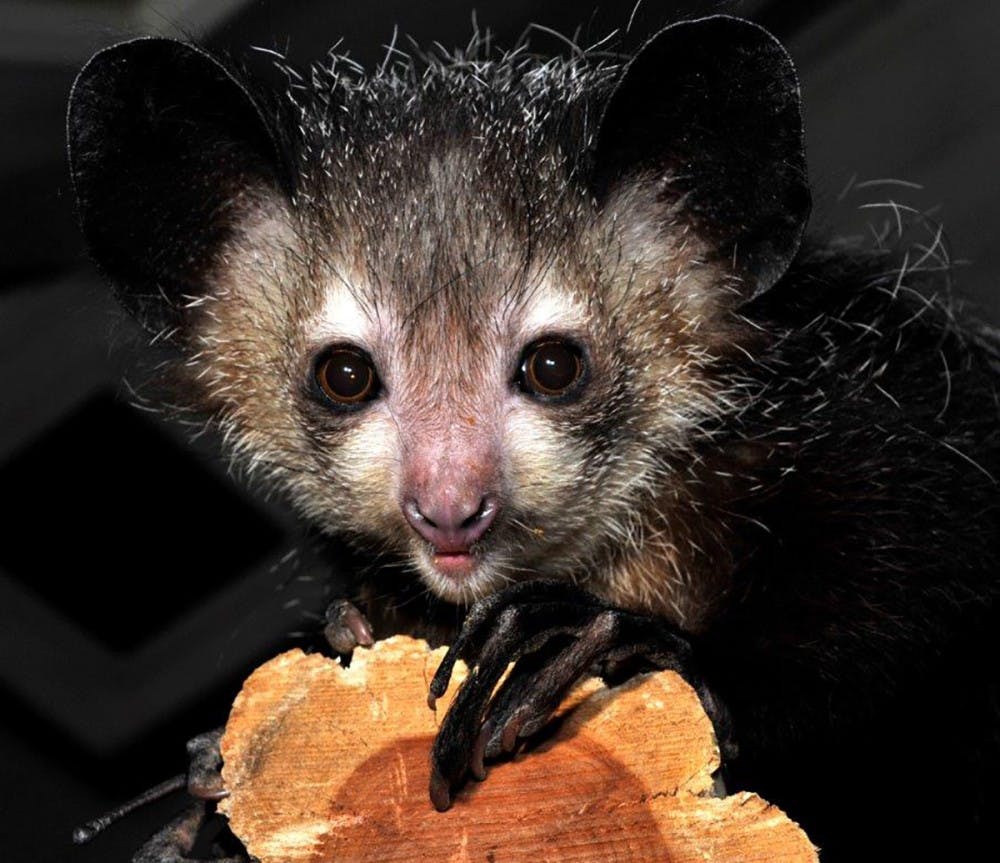An animal rights group has submitted a complaint to the U.S. Department of Agriculture with claims that the deaths of the four lemurs were preventable.
Last Thursday, animal rights group Stop Animal Exploitation Now filed a complaint regarding four aye-aye lemur deaths at the Duke Lemur Center last October. The animal welfare group is a Cincinnati-based nonprofit that watchdogs animal deaths and mistreatment within research centers, according to its website.
Nearly two months after the aye-ayes' deaths, the Lemur Center announced that necropsies conducted on the animals helped researchers pinpoint the cause of death as a naturally-occurring toxin in the avocados that the lemurs ate.
“It was preventable because Duke is not the only place that has lemurs, that has the aye-aye,” said Stacy Ellison, a research analyst for SAEN. “To keep an animal in captivity, you have certain responsibilities for them. One of them is finding out things that are going to poison them if they eat them.”
The SAEN website provides a sample message for concerned citizens to send to the USDA eastern region director, requesting a "maximum fine" be levied against the University.
“This behavior must NOT be tolerated and MUST be punished to the fullest extent of the law," the message reads.
Avocados have been part of the lemurs’ diets at the Lemur Center and in captivity globally for years without any known effect, said Michael Schoenfeld, vice president for public affairs and government relations, in a statement to The Durham Herald Sun. The sudden deaths of the four aye-ayes was a greatly unexpected loss to the lemur community, he noted.
But Ellison said further investigation is necessary.
“[The USDA] will at least look into it, they’ll investigate it because of the complaint," Ellison said. "They’ll look into it and they’ll at least cite them."
In response to the incident, the Lemur Center has taken preventative measures by updating its feeding policies. It has also extended these efforts to other locations where lemurs live in captivity.
“Duke has kept close communication with the USDA and other relevant agencies throughout the investigation, and these regulators have determined that Duke followed all appropriate procedures and provided the highest level of care to the lemurs,” Schoenfeld said in the statement.
Schoenfeld noted that lemurs are at the Lemur Center for conservation, education and non-invasive research purposes.
However, Ellison noted that SAEN is against all research for the sake of humans, as they believe it is not scientifically reliable. Those who decide to take animals out of the wild and place them in captivity have a responsibility to not do anything that causes suffering, pain or death, she said.
“Duke’s commitment to preserving and protecting these animals and their native habitats in Madagascar dates back more than 50 years at this point,” Schoenfeld said. “Any suggestion that Duke is willfully or even negligently harming the lemurs in our care is deeply misguided.”
Get The Chronicle straight to your inbox
Sign up for our weekly newsletter. Cancel at any time.

